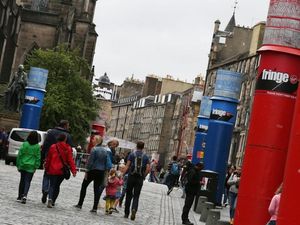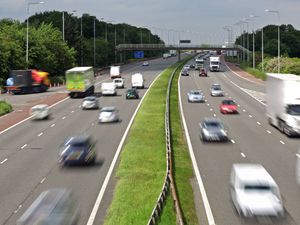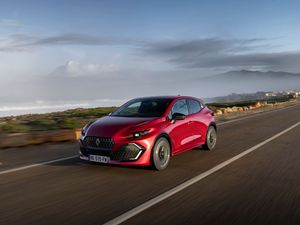Edinburgh to introduce one car-free day a month in city centre
Pilot scheme will see vehicles banned from ‘key parts’ of Scotland’s capital on the first Sunday of every month

Edinburgh is set to become the first UK city with an outright ban on private cars.
Scotland’s capital is bringing forward a pilot scheme to close ‘key parts’ on the first Sunday of every month.
The initiative, agreed to last night by the city council’s transport and environment committee, is part of a larger set of proposals by the authority entitled ‘Open Streets’, which will look at further pedestrianisation of the city centre, improved public spaces and other schemes to improve walkability and reduce air pollution.
Transport convener Councillor Lesley Macinnes said: “This prospectus is a truly ambitious document, which is bound to generate some lively debate right across the city about what kind of place we want Edinburgh to be.

“Frankly, the status quo is just not an option any more. As a council, we are serious about tackling poor air quality, reducing congestion and making it as easy as possible to get around Edinburgh, especially by walking, cycling and public transport.”
The scheme will be the first of its kind in the UK, although several cities including London are considering similar solutions in the battle against air pollution. But support for car-free days isn’t necessarily widespread, as cycle insurer ETA found out when it asked councils around the UK if they would be supporting World Car Free Day 2018.
With just weeks to go until the event on September 22, not a single UK city has signed up to support it yet, says ETA.
Edinburgh’s proposed scheme will undergo eight weeks of public consultation, with the aim of starting the car-free days early next year. But Macinnes is optimistic, saying: “Our plans for open streets build on the success of our Summer Summit, when we transformed parts of the city into traffic-free spaces.
“This programme of events will let the public experience a quieter, more people-focused city, as well as helping us to measure air quality, congestion and, importantly, public opinion as we plan for a more active, connected and welcoming city centre.
“We might be the first Scottish city to do this but this concept has been tried and tested in other major cities, from Paris to New York, where it’s proved to be a valuable and successful model.
“This will be central to our commitment to tackling poor air quality, reducing congestion and making it as easy as possible to get around Edinburgh, and will give us a real insight into how people want their city to look in the future.”





